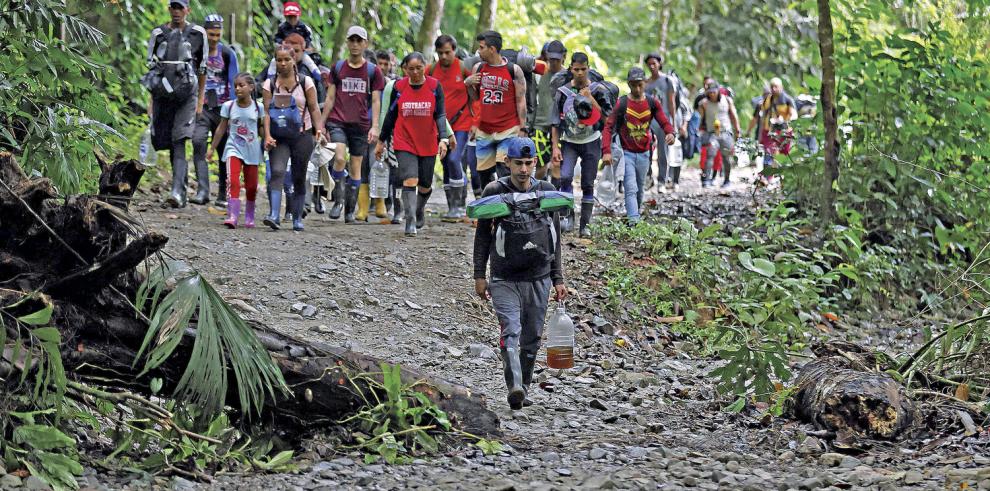PNO’ers, don’t feel your the only ones. Costa Rica facing same immigration problems.
- By : James Bryson
- Category : Immigration, International Relations

A few days before the end this week of Title 42, a health regulation that allows the United States to expel migrants on the spot, Costa Rican Foreign Minister Arnoldo André Tinoco assured this Monday, May 8, that his country can only process a limited number of people who are on their way north.
Tinoco’s statements come two weeks after the Panamanian National Migration Service reported that more than 127,000 immigrants passed through the Darién jungle in the first four months of 2023.
“We could well process 250 to 400 migrants a day from south to north, but not, as happened last September and October, 4,000 a day,” warned the Costa Rican Foreign Minister in statements to EFE during a visit to Vienna, the capital of Austria. .
The foreign minister recalled that on May 11 the application of Title 42 on the borders between the United States and Mexico ends, which makes us expect “a new migratory wave” in Central America.
Tinoco also highlighted that in Nicaragua many migrants “are charged an amount for transit,” which forces them to stay in Costa Rica for a while to work and save, with the aim of continuing their transit to the United States.
“We have an unemployment rate of 11% that we do not want to increase (even more),” said the foreign minister with respect to the almost one million immigrants, mostly from Nicaragua, Venezuela, Cuba and Haiti, who are currently in the Central American country. , of about 5.1 million inhabitants.
“The volumes and numbers of refugees reach proportions that are already bordering on the impossible for the Costa Rican State to finance,” concluded Tinoco, who quantified the public funds needed for this purpose at around 200 million dollars.
According to official data, Costa Rica currently has some 607,000 regularized foreigners, 60% of whom are Nicaraguans, who fled their country due to the poor economic situation and political repression under the Daniel Ortega regime.



No Comments